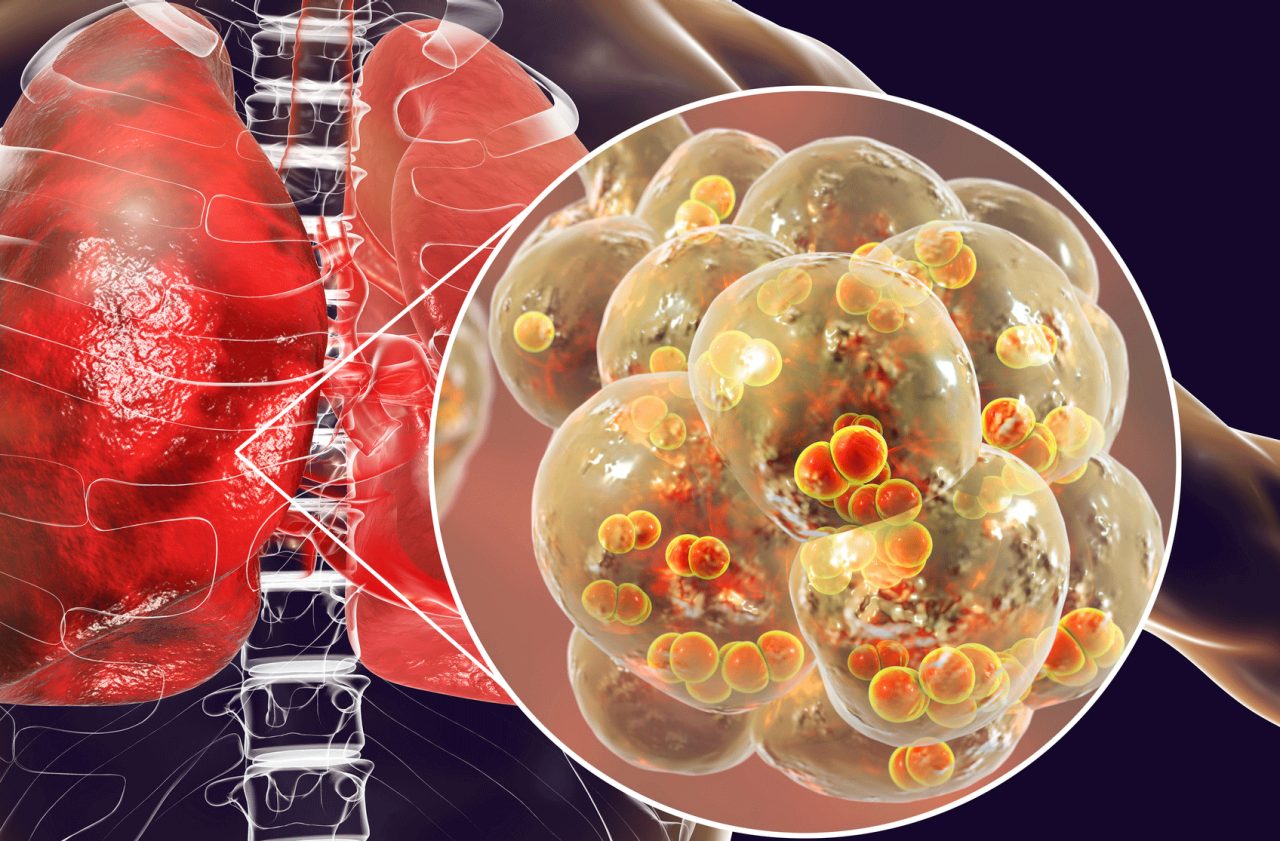What Is Pneumonia?

What is pneumonia? When air sacs in your lungs fill with fluid, you have pneumonia, usually a complication of the flu. Severe cases can be life-threatening.
What is pneumonia?
Pneumonia is a common lung infection, often a complication of the flu. Healthy people usually recover in one to three weeks, but it can be life-threatening in severe cases. More than a million people have pneumonia each year, about 50,000 of them dying from the condition. Mild-to-moderate symptoms of pneumonia have been found in a large number of patients with COVID-19, or coronavirus.
Bacteria, viruses, or even funguses can cause pneumonia. When they overgrow in the lungs, tiny air sacs called alveoli, which are normally the texture of whipped cream, fill up with fluid. In a bad case, they may become denser, more like a marshmallow.
You have two lungs divided into lobes. Double pneumonia affects both lungs, while lobal pneumonia affects only certain lobes.
You can get pneumonia at any age. It is dangerous for babies, seniors, and people with other conditions like diabetes or heart or lung disease. If you have a suppressed immune system, often because of treatment for cancer, you’re at more risk as well.
YOU MIGHT ALSO LIKE: How Do You Get Pneumonia?
What are the symptoms of pneumonia?
At first, pneumonia feels like a cold or flu. You might suspect pneumonia if your cough brings up rusty or green phlegm. You might have a fever and breathe quickly or feel short of breath. Your chest may hurt. Other possible symptoms include:
- A fast heartbeat
- Nausea or vomiting
- Fatigue and weakness
- Diarrhea
- Purplish skin
- Sweating
- Shaking chills
- A headache
- Muscle pain
Older adults may become confused or delirious.
If you have trouble breathing or consistent chest pain, seek medical care. For milder symptoms, you might start with an urgent care facility rather than calling 9-1-1.
If your doctor suspects pneumonia, he or she will listen to your breathing for crackling sounds that suggest fluid in your lungs. You’ll need an x-ray, which will show the effects on your lungs.
Sometimes, further testing can help your doctors decide on the best medication. Antibiotics can fight a bacterial infection. Antifungal medications and other drugs may help battle a virus.
For example, you might get a flu test and, if it comes back positive, receive oseltamivir (Tamiflu).
When your body battles a virus, bacteria may overgrow as well. Because it can take a while for test results to arrive, if your x-ray shows pneumonia, you might get antibiotics immediately — frequently amoxicillin. Once test results return, your doctor might change your medication to treat the exact bacteria bothering you. Scientists are working on creating faster tests.
Over-the-counter medications bring down fever and pain and suppress coughs so you can sleep. Resting and drinking plenty of fluids will help.
You don’t need to go to the hospital for a mild case unless you are at risk for other reasons.
To see whether you need hospital care, your doctor may check the level of oxygen in your blood and whether you seem disoriented.
In a hospital, you may get intravenous antibiotics, fluids, and extra oxygen.
What are the risk factors for pneumonia?
- People with chronic lung diseases — chronic obstructive pulmonary disease, bronchiectasis, or cystic fibrosis, for example — are more at risk.
- So are people with serious cases of chronic illnesses like heart disease, type 1 or type 2 diabetes, or sickle cell disease.
- Pneumonia is more dangerous if your immune system has been weakened by HIV/AIDs, an organ transplant, chemotherapy for cancer, or long-term use of steroids.
- If you have difficulty swallowing — usually because of dementia or a neurological condition — food, vomit, or saliva can land in your lungs and lead to pneumonia. Drug and alcohol abuse also can lead to aspiration pneumonia.
- Pneumonia often follows a viral infection.
- Cigarette smokers have vulnerable lungs.
How can I protect myself against pneumonia?
Consider a vaccine developed to fight some of the common bacterial causes of pneumonia. At age 65, you should get the vaccine PPSV23, or Pneumovax, and you should ask your doctor whether you also need PVC13, or Prevnar 13. A pharmacy is a good place to receive the vaccine. Younger people with certain conditions may also need vaccinations.
Updated:
June 23, 2023
Reviewed By:
Janet O'Dell, RN